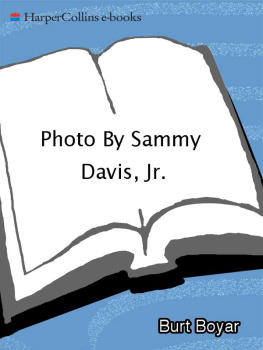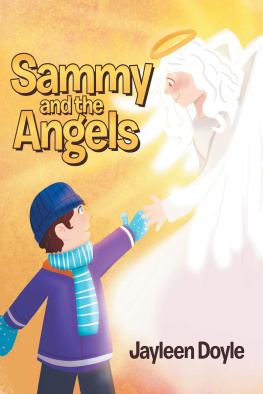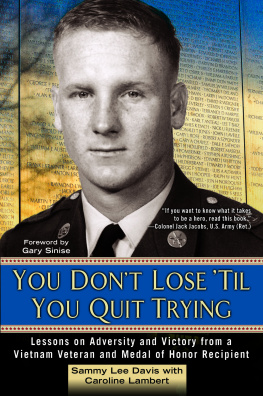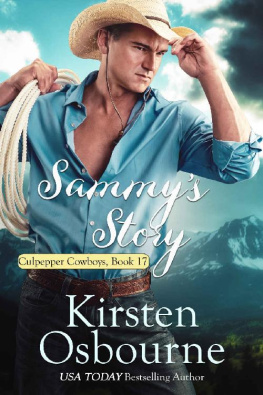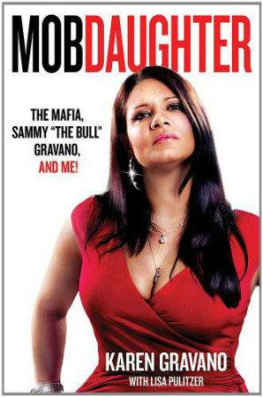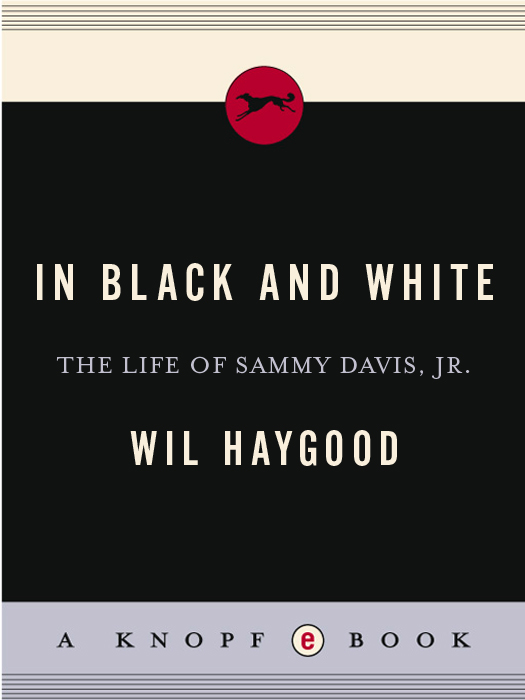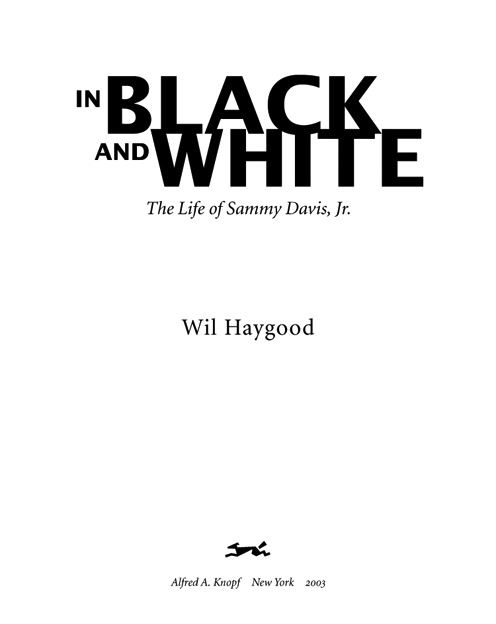Davis Sammy - In black and white : the life of Sammy Davis, Jr
Here you can read online Davis Sammy - In black and white : the life of Sammy Davis, Jr full text of the book (entire story) in english for free. Download pdf and epub, get meaning, cover and reviews about this ebook. City: New York, United States, year: 2003, publisher: Knopf Doubleday Publishing Group;A.A. Knopf, Distributed by Random House, genre: Art. Description of the work, (preface) as well as reviews are available. Best literature library LitArk.com created for fans of good reading and offers a wide selection of genres:
Romance novel
Science fiction
Adventure
Detective
Science
History
Home and family
Prose
Art
Politics
Computer
Non-fiction
Religion
Business
Children
Humor
Choose a favorite category and find really read worthwhile books. Enjoy immersion in the world of imagination, feel the emotions of the characters or learn something new for yourself, make an fascinating discovery.

- Book:In black and white : the life of Sammy Davis, Jr
- Author:
- Publisher:Knopf Doubleday Publishing Group;A.A. Knopf, Distributed by Random House
- Genre:
- Year:2003
- City:New York, United States
- Rating:5 / 5
- Favourites:Add to favourites
- Your mark:
In black and white : the life of Sammy Davis, Jr: summary, description and annotation
We offer to read an annotation, description, summary or preface (depends on what the author of the book "In black and white : the life of Sammy Davis, Jr" wrote himself). If you haven't found the necessary information about the book — write in the comments, we will try to find it.
In scrupulous detail and with stunning powers of evocation, Wil Haygood takes us back to the era of vaudeville, where it all began for four-year-old Sammy who ran out onstage one night and stole the show. From then on it was a motherless childhood on the road, singing and dancing his way across a segregated America with his father and the formidable showman Will Mastin, struggling together to survive the Depression and the demise of vaudeville itself.
With an ambition honed by poverty and an obsessive need for applause, Sammy drove his way into the nightclub circuit of the 1940s and 1950s, when, his father and Mastin aging and out of style, he slowly began to make a name for himself, hustling his way to top billing and eventually to recording contracts. From there, he was to stake his claim on Broadway, in Hollywood, and, of course, in Las Vegas.
Haygood brings Sammys showbiz life into full relief against the backdrop of an America in the throes of racial change. Sammy grew up trapped between the worlds of blacks and whites, with so much invested in both. He made his living entertaining white people but was often denied service in the very venues he played. Drafted into a newly integrated U.S. Army in the 1940s, he saw up close the fierce tensions that seethed below the surface. Dragged into the civil rights movement, he witnessed a hatred that often erupted into violence. In his broad and varied friendships and alliances (with Frank Sinatra; Martin Luther King, Jr.; Richard Nixon; Sidney Poitier; Marilyn Monroe, to name just a few), not to mention his romances (his relationship with Kim Novak and his marriage to the blond beauty May Britt drew death threats), he forged uncharted paths across racial lines. Admired and reviled by both blacks and whites, he was tormented all his life by raging insecurities, and never quite came to terms with his own skin. Ultimately, his only true sense of his identity was as a performer.
Based on painstaking research and more than 250 interviews, Wil Haygood brings us a sweeping and vivid cultural history of the twentieth century, chronicling black entertainment from its beginnings and the birth of popular culture as we know it. In Black and White transcends simple biography to become an important record, both celebratory and elegiacal, of a vanished America and its greatest entertainer
Davis Sammy: author's other books
Who wrote In black and white : the life of Sammy Davis, Jr? Find out the surname, the name of the author of the book and a list of all author's works by series.



